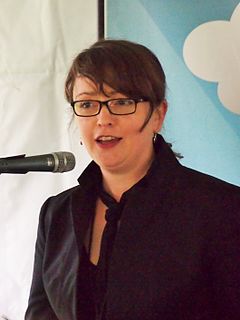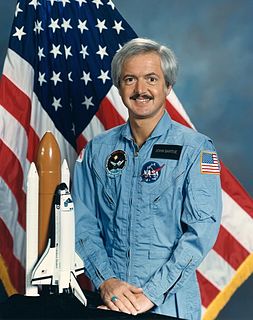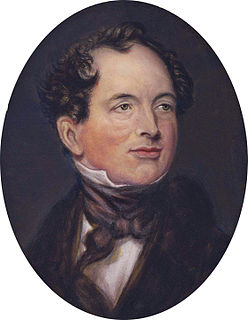A Quote by Dennis Hopper
When I was about 14. I saw my first mountain. I saw the ocean for the first time. I remember thinking that that ocean looked very similar to our wheat fields. I didn't know what I thought I would see when I looked out at the ocean, but I thought I'd see something different.
Related Quotes
The first time I took my daughters to the ocean - and I love the ocean but where we swim is very rough, very New England, rip tide, not messing around ocean - and a thought arrived: I was asking my daughters to slowly recognize death, just dip their toes in its fathomless edge, to know it is there, even in the night when we don't see it and that it, in its mystery and largeness, in its terror, is the thing that makes life precious, magnificent and full of never-ending curiosity.
My grandfather was Jacques Cousteau, a pioneer of ocean exploration and the co-inventor of scuba diving. Back in the 1940s when he tested out his invention which allowed humans to swim freely in the ocean with a portable air source for the first time in history, very little of the ocean had been explored let alone captured on film.
As I looked down, I saw a large river meandering slowly along for miles, passing from one country to another without stopping. I also saw huge forests, extending along several borders. And I watched the extent of one ocean touch the shores of separate continents. Two words leaped to mind as I looked down on all this: commonality and interdependence. We are one world.
People just sticking names on places, so that no one could see those places properly any more. Every time they looked at them or thought about them the the first thing they saw was a huge big sign saying 'Housing Commission' or 'private school' or 'church' or 'mosque' or 'synagogue'. They stopped looking once they saw those signs.
Actually, when John died, for the first time I thought - for the first time I realized how old I was, because I'd always thought of myself - when John was alive I saw myself through his eyes and he saw me as how old I was when we got married - and so when he died I kind of looked at myself in a different way. And this has kept on since then. The yellow corvette. When I gave up the yellow corvette, I literally gave up on it, I turned it in on a Volvo station wagon.
When we let our mind relax, a moment will come when we rest without thoughts. This stable state is like an ocean without waves. Within this stability a thought arises. This thought is like a wave which forms on the surface of the ocean. When we leave this thought alone, do nothing with it, not "seizing" it, it subsides by itself into the mind where it came from.
Coral reefs, the rain forest of the ocean, are home for one-third of the species of the sea. Coral reefs are under stress for several reasons, including warming of the ocean, but especially because of ocean acidification, a direct effect of added carbon dioxide. Ocean life dependent on carbonate shells and skeletons is threatened by dissolution as the ocean becomes more acid.




































